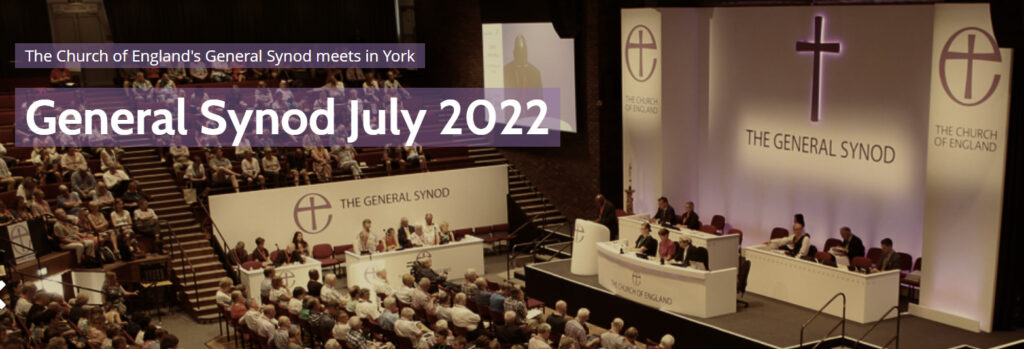
While bishops have been busying themselves discussing climate change, racism and mosquito nets at the Church of England synod currently in session, someone had the effrontery to ask the bishops to define a woman. No clear answer was forthcoming. The church, we are told, has only just begun ‘to explore the complexities associated with gender identity’.
There are repercussions to this. For example: when, in 2014, the CofE made much of Libby Lane becoming the first woman bishop, it was almost certainly mistaken. The church has probably been riddled with women bishops for centuries, since learned Anglican clerics have no idea what they even look like. For all they know, Justin Welby could be a woman.
Unsurprisingly, no one cares what the bishops have to say about climate change, but the fact that bishops have no idea what women are has sparked enough interest to make its way into the secular press.
Read the whole thing here. The comments under the article illustrate nicely how the church has managed to make itself a laughingstock. Again.
The church was put on the spot in one of almost 200 questions submitted to its ‘parliament’, the General Synod, in York this weekend.
Adam Kendry, a lay member from the Armed Forces, asked simply: ‘What is the Church of England’s definition of a woman?’
Rt Rev Robert Innes, the Bishop in Europe, replied: ‘There is no official definition, which reflects the fact that until fairly recently definitions of this kind were thought to be self-evident, as reflected in the marriage liturgy.’
He added that the church ‘has begun to explore the complexities associated with gender identity’ .


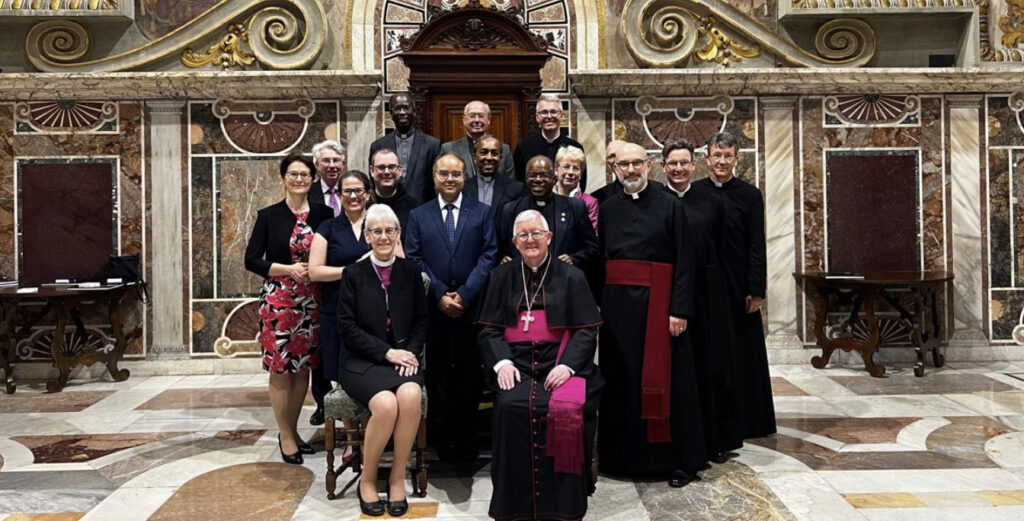 Anglicans have an indispensable role to play as Roman Catholics start a two-year conversation on how to become a more “synodal” church, Pope Francis said at his first meeting with Archbishop Linda Nicholls, primate of the Anglican Church of Canada.
Anglicans have an indispensable role to play as Roman Catholics start a two-year conversation on how to become a more “synodal” church, Pope Francis said at his first meeting with Archbishop Linda Nicholls, primate of the Anglican Church of Canada.
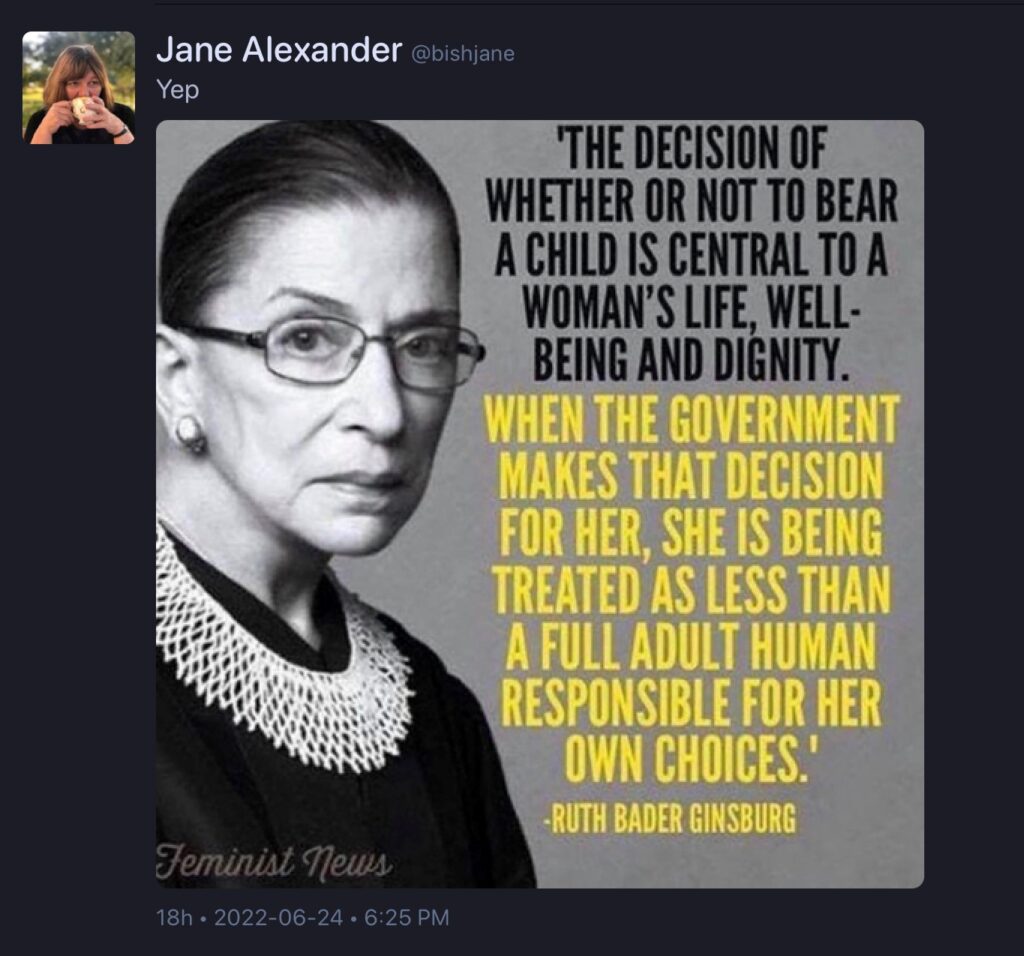
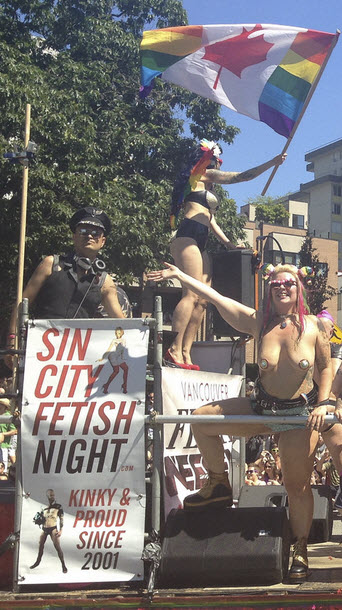
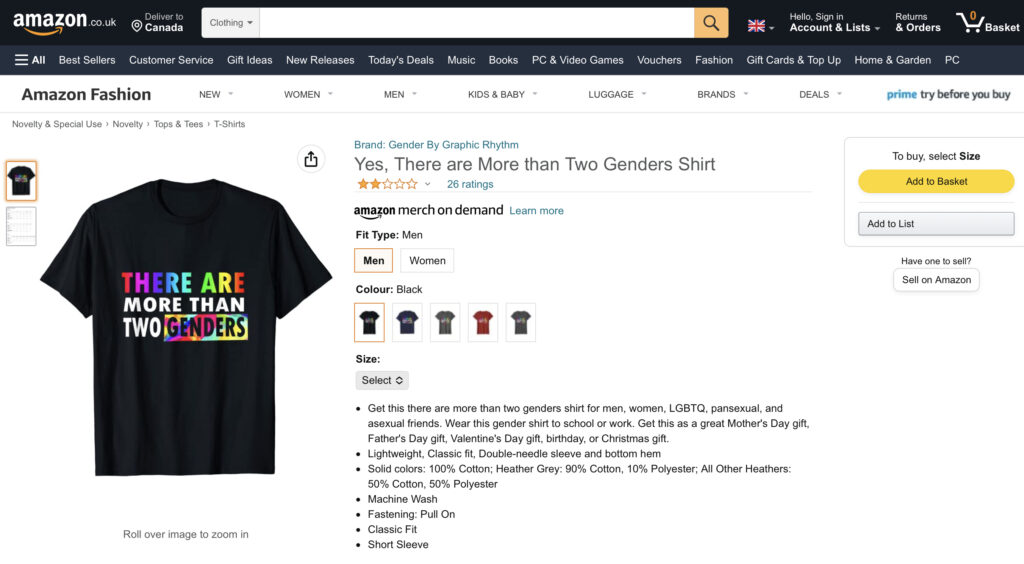
 As I mentioned
As I mentioned 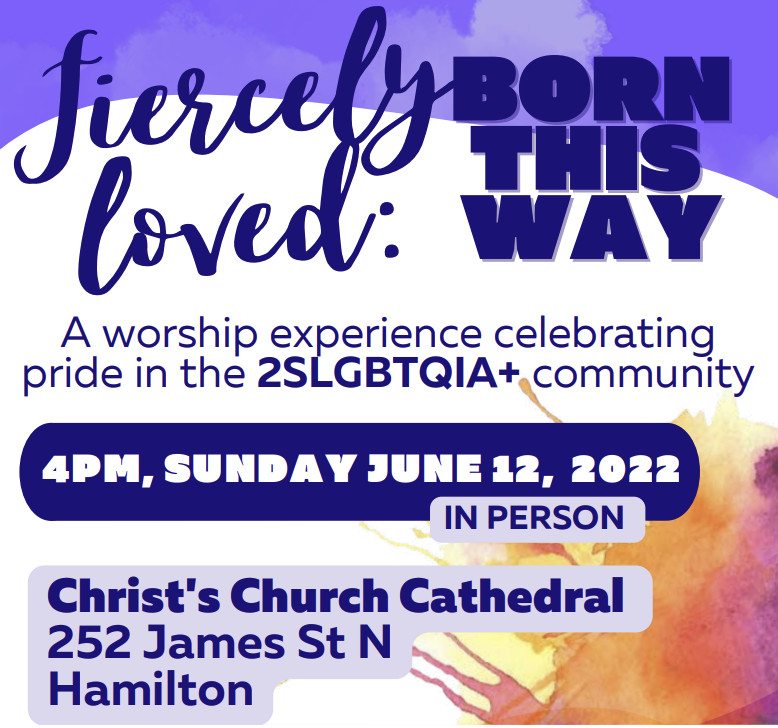
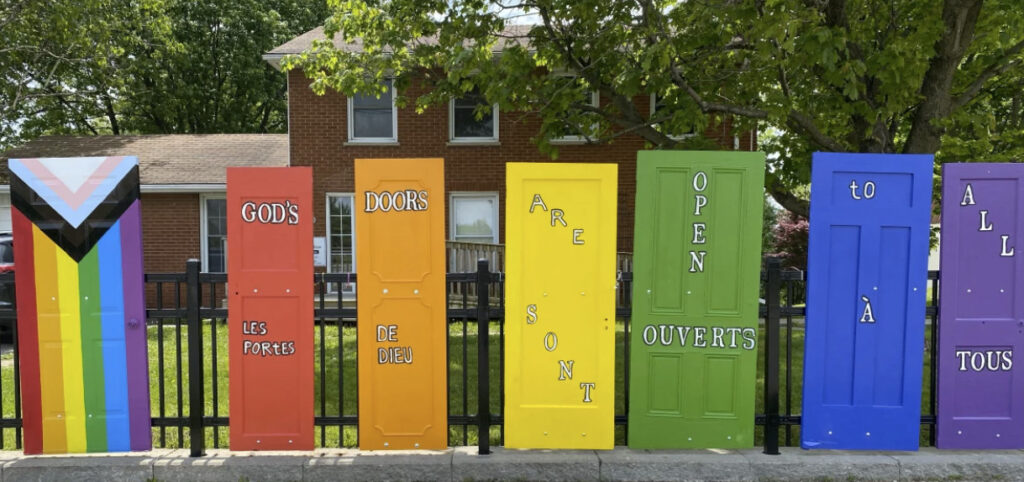 Youth at a London, Ont., church are showing their support for the LGBTQ2+ community with a bright and colourful art installation.
Youth at a London, Ont., church are showing their support for the LGBTQ2+ community with a bright and colourful art installation.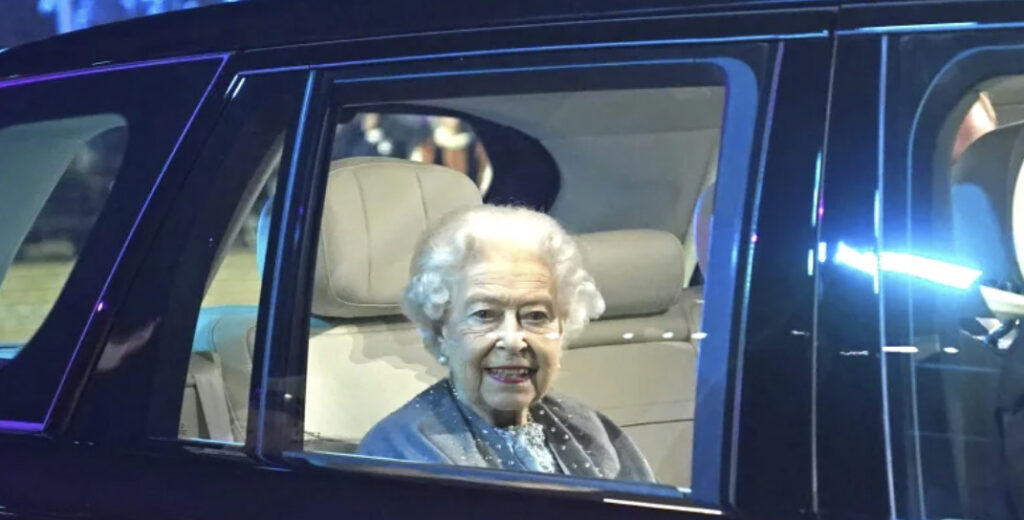 Residential school survivors, Indigenous leaders say Queen should apologize next
Residential school survivors, Indigenous leaders say Queen should apologize next The Anglican Church of Canada’s national office recorded two consecutive multi-million-dollar yearly surpluses in 2020 and 2021, for a combined total of just over $8 million, the church’s treasurer and chief financial officer has confirmed.
The Anglican Church of Canada’s national office recorded two consecutive multi-million-dollar yearly surpluses in 2020 and 2021, for a combined total of just over $8 million, the church’s treasurer and chief financial officer has confirmed.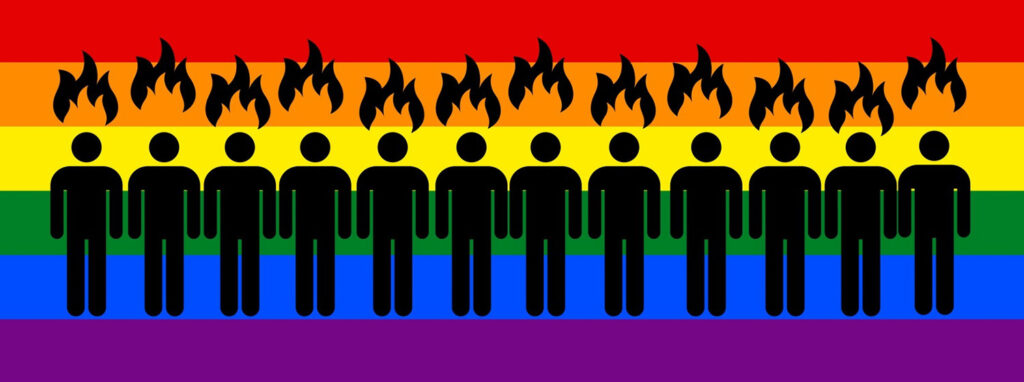 As we move through the Easter season and look towards Pentecost, I want to offer a reflection, a “queering” of the story of Pentecost and what it means for our ideas of community and communion.
As we move through the Easter season and look towards Pentecost, I want to offer a reflection, a “queering” of the story of Pentecost and what it means for our ideas of community and communion.